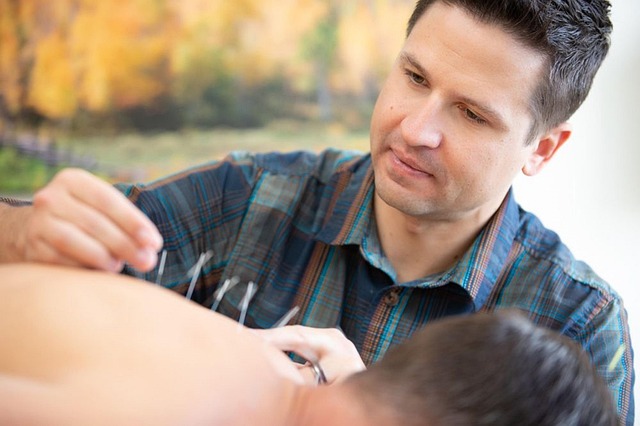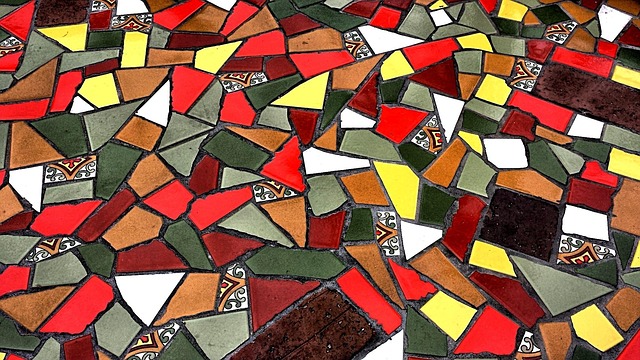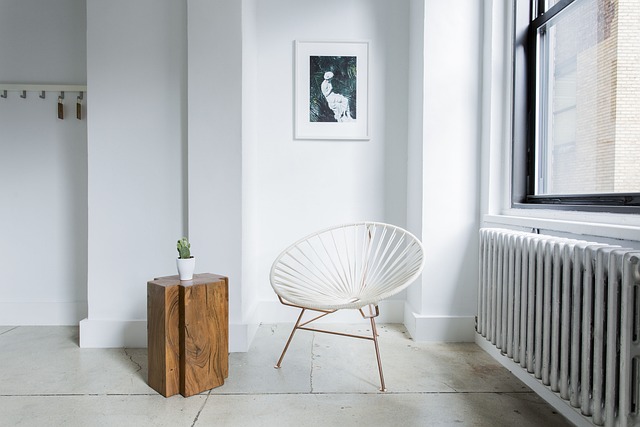Tile flooring in Denver is durable but susceptible to mold growth in damp, high-humidity areas. Regular cleaning, swift leak action, and proper ventilation are key to prevention. For minor mold, a warm water/detergent solution suffices; more severe cases may require bleach (tested first). Optimal humidity control and anti-mold coatings further protect Tile Flooring Denver.
Looking to tackle a stubborn mold problem on your tile flooring in Denver? This comprehensive guide is your solution. We’ll walk you through understanding mold growth on tile, preparation tips for safe removal, and effective cleaning methods tailored to the unique challenges of Denver’s climate. Learn prevention strategies to keep mold at bay and restore your Tile Flooring Denver to its original gleam.
- Understanding Tile Flooring Denver and Mold Growth
- Preparation Steps for Safe Removal in Denver
- Effective Cleaning Methods and Prevention Tips
Understanding Tile Flooring Denver and Mold Growth

Tile flooring in Denver is a popular choice for many homeowners due to its durability and low maintenance requirements. However, like any other surface, it can fall victim to mold growth, especially in areas with high humidity or water exposure. Mold thrives in dark, damp environments, making tile floors—particularly those in bathrooms, kitchens, or basements—susceptible to colonization if not properly maintained.
Understanding the nature of mold and its affinity for specific conditions is crucial when addressing mold removal on tile flooring. Unlike carpet tiles (Carpet Tiles Denver) or hardwood floors (Refinish Hardwood Floors Denver), which may require specialized care, tile floors offer a more straightforward approach to cleaning and prevention. Hardwood Floor Installation Denver professionals recommend regular cleaning and quick response to water leaks or moisture issues to deter mold growth. By maintaining optimal ventilation and using suitable cleaning products, homeowners can effectively manage and prevent mold on their tile flooring surfaces.
Preparation Steps for Safe Removal in Denver

Before tackling mold removal on tile flooring in Denver, it’s crucial to prepare for a safe and effective process. Start by gathering the right tools and materials, including a vacuum cleaner with a HEPA filter, rubber gloves, protective goggles, and a solution of equal parts water and bleach or a commercial mold remover. Ensure proper ventilation throughout your work area to minimize exposure to mold spores. Next, cover adjacent floors and fixtures with drop cloths or plastic sheets to prevent contamination from the removal process. Remove any furniture or objects resting on the tile to ensure easy access and thorough cleaning.
Additionally, check for water leaks or moisture issues that may have contributed to the mold growth. Addressing these problems is essential before and during the removal process. In Denver, where sustainable tile choices are increasingly popular, consider using eco-friendly cleaning methods and materials whenever possible. Consult with local denver tile distributors for recommendations on non-toxic mold removers or alternative solutions. For instance, a mixture of baking soda and water can be effective in removing mold without harmful chemicals. After completing these preparation steps, you’ll be ready to safely and efficiently remove the mold from your tile flooring.
Effective Cleaning Methods and Prevention Tips

When it comes to effective mold removal on tile flooring Denver residents often turn to professional services. However, for minor cases or as a preventive measure, understanding simple yet powerful cleaning methods can go a long way. A combination of warm water, mild detergent, and a scrubbing brush is often all that’s needed to tackle surface mold. For more persistent issues, using a solution of bleach and water (mixed at a ratio of 1:1) can be effective, though it’s crucial to test in an inconspicuous area first to ensure the tile isn’t damaged by strong chemicals.
Prevention is key when it comes to mold on tile flooring Denver or any other surface. Regular cleaning and maintaining proper ventilation are basic but essential steps. For added protection, consider treating tiles with anti-mold coatings available in the market. Additionally, keeping humidity levels in check through efficient ventilation and air conditioning systems can significantly reduce moisture buildup – a prime condition for mold growth. Remember, regular upkeep not only prevents mold but also ensures your tile flooring Denver remains vibrant and durable over time.
When it comes to tackling mold on your tile flooring Denver, proper preparation and effective cleaning methods are key. By understanding the specific challenges of tile surfaces and taking proactive steps, you can safely remove mold and prevent future growth. Regular maintenance, including thorough cleaning and good ventilation, is essential to keep your Tile Flooring Denver mold-free. With the right approach, you can ensure a healthy and clean living environment without sacrificing style or durability.
